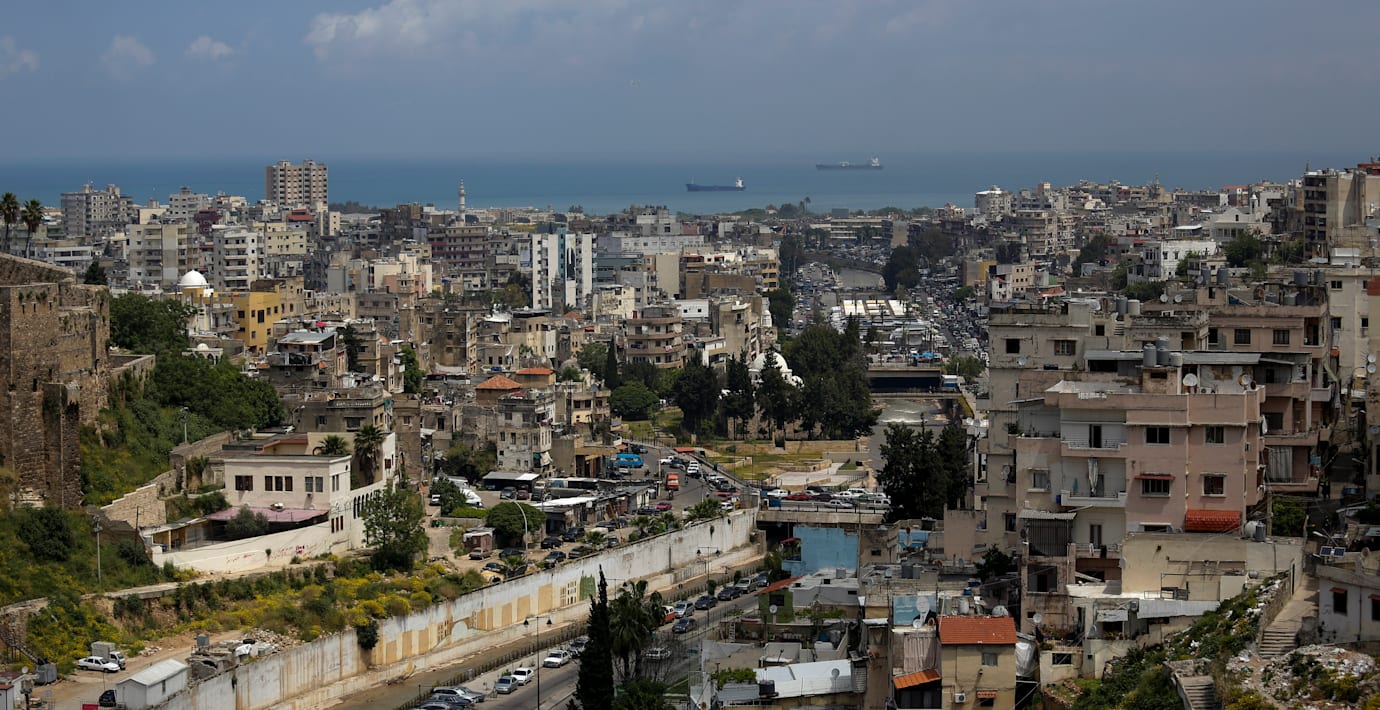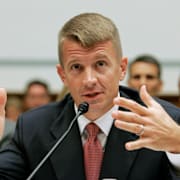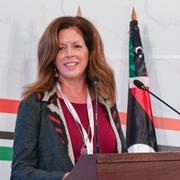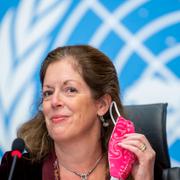
Libyens armé har tagit ”full kontroll” över Tripoli
Libyen har tagit ”full kontroll” över huvudstaden Tripoli efter ett års belägring av krigsherren Khalifa Haftars styrkor, säger en talesperson för den FN-stödda regeringen enligt BBC.
Bland annat har stadens internationella flygplats, som varit stängd sedan 2014, återtagits.
Landet har befunnit sig i olika grader av oroligheter och laglöshet sedan diktatorn Muammar Gaddafi störtades 2011.
bakgrund
Inbördeskriget i Libyen
Wikipedia (en)
The Second Libyan Civil War is an ongoing conflict among rival factions seeking control of Libya. After erupting in 2014, the conflict is mostly between:
the House of Representatives, elected in 2014 with a low turnout (18%), relocated to Tobruk, which appointed Marshal Khalifa Haftar as commander-in-chief of the Libyan National Army with the mission of restoring its sovereignty over the whole of Libyan territory.
the Government of National Accord, led by Prime Minister Fayez al-Sarraj, based in the capital Tripoli and established after failed military coups and the relocation of the House of Representatives to Tobruk.The House of Representatives (also known as the Council of Deputies) is the unicameral parliament of Libya relocated to Tobruk following the occupation of Tripoli by armed islamist groups in 2014. The House of Representatives is in control of eastern and central Libya and has the loyalty of the Libyan National Army of General Khalifa Haftar which was as officially made commander on 2 March 2015. The House of Representatives has been supported by airstrikes by Egypt and the UAE. The General National Congress, based in western Libya and backed by various militias (mainly Libya Dawn in the west and Libya Shield in the east) with some support from Qatar and Turkey, initially accepted the results of the 2014 election, but rejected them after the Supreme Constitutional Court nullified an amendment regarding the roadmap for Libya's transition and HoR elections.[13] Due to controversy about constitutional amendments, the HoR refused to take office from GNC in Tripoli, which was controlled by powerful militias from the western coastal city of Misrata. Instead, the HoR established its parliament in Tobruk, which is controlled by General Haftar's forces.
In December 2015 the Libyan Political Agreement was signed after long talks in Skhirat. The LPA was the result of protracted negotiations between rival political camps based in Tripoli, Tobruk, and elsewhere which agreed to unite as the Government of National Accord. On 30 March 2016, Fayez Sarraj, the head of the GNA, arrived in Tripoli and began working from there despite opposition from GNC. Although the Government of National Accord is currently the only internationally recognized government in the country, its authority remains unrecognized by the House of Representatives, as specific details acceptable to both sides have not yet been agreed upon, especially regarding the future of Haftar.
In addition to those three factions, there are also smaller rival groups: the Islamist Shura Council of Benghazi Revolutionaries, led by Ansar al-Sharia, which had the support of the GNC and was defeated in Benghazi in 2017; the Islamic State of Iraq and the Levant's (ISIL's) Libyan provinces; the Shura Council of Mujahideen in Derna which expelled ISIL from Derna in July 2015 and was later itself defeated in Derna by the Tobruk government in 2018; as well as many militias and armed groups, whose allegiances often change.In May 2016, the GNA and the GNC launched a joint offensive to capture areas in and around Sirte from ISIL. This offensive resulted in ISIL losing control of all significant territories previously held in Libya. Later in 2016, forces loyal to Khalifa al-Ghawil attempted a coup d'état against Fayez al-Sarraj and the Presidential Council of the GNA.
Omni är politiskt obundna och oberoende. Vi strävar efter att ge fler perspektiv på nyheterna. Har du frågor eller synpunkter kring vår rapportering? Kontakta redaktionen



